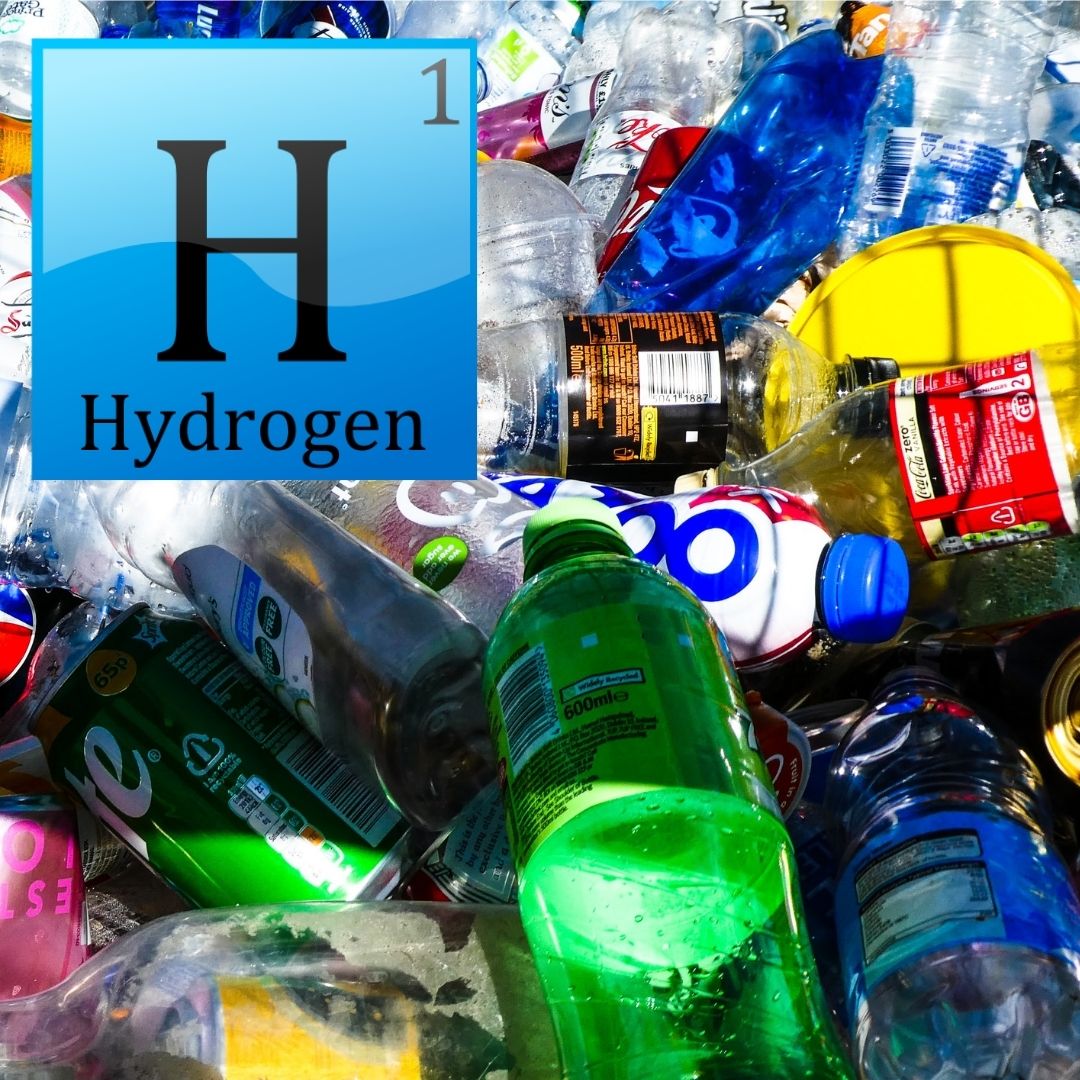Road To Sustainability! IIT Mandi Develops Method To Convert Plastic To Hydrogen
Writer: Devyani Madaik
A media enthusiast, Devyani believes in learning on the job and there is nothing off limits when it comes to work. Writing is her passion and she is always ready for a debate as well.
Himachal Pradesh, 25 March 2022 2:37 PM GMT
Editor : Shiva Chaudhary |
A post-graduate in Journalism and Mass Communication with relevant skills, specialising in content editing & writing. I believe in the precise dissemination of information based on facts to the public.
Creatives : Devyani Madaik
A media enthusiast, Devyani believes in learning on the job and there is nothing off limits when it comes to work. Writing is her passion and she is always ready for a debate as well.
The researchers have developed a catalyst to efficiently transform plastic into hydrogen and other useful chemicals through the simple function of sunlight. It is a significant development, considering that gas is the most practical non-polluting fuel of the future.
Plastics is one of the most challenging materials to break down into harmless products. Reportedly, most of the 4.9 billion tonnes of plastics produced would end up in landfills, threatening human health and the environment.
Addressing the menace, the Indian Institute of Technology (IITM) researchers Mandi have developed a catalyst to efficiently transform plastic into hydrogen and other useful chemicals through a simple function of sunlight.
It is a significant development, considering that Hydrogen gas is the most practical non-polluting fuel of the future.
Research
The plastic is converted into chemicals when exposed to light. When activated, they are called photocatalysts, India Today reports.
The photocatalyst combines iron oxide in the form of nanoparticles with a conducting polymer -polypyrrole. This forms a semiconductor-semiconductor heterojunction, which further converts into strong visible-light-induced photocatalytic activity.
Photocatalysts usually need UV light for activation and therefore require special bulbs.
Study Fund
The research is funded by the Scheme for Promotion of Academic and Research Collaboration (SPARC), the Ministry of Education. Their work has been published in the Journal of Environmental Chemical Engineering.
The study consists of Dr Prem Fexil Siril, who leads the group, Professor, School of Basic Sciences, and Associate Professor, Dr Aditi Halder. The study is co-authored by their PhD scholars, Rituporn Gogoi, Astha Singh, Vedasree Moutam, Lalita Sharma, Kajal Sharma.
Also Read: Bihar: Murder Accused Prisoner Cracks IIT Admission Test With 54th Rank; Aspires To Join IIT-Roorkee
 All section
All section















